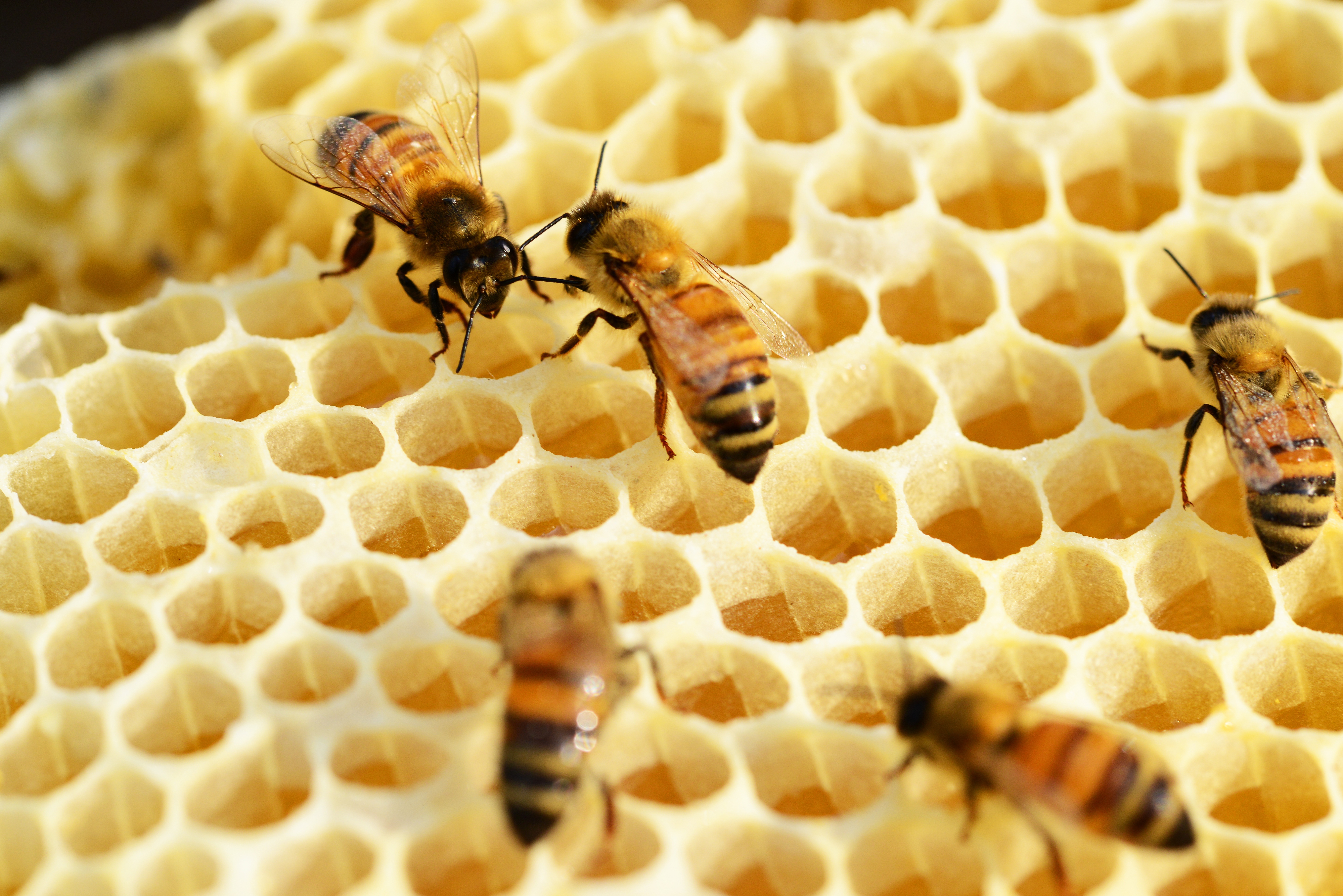Forest Fires Impact Turkey’s Famous “Pine Honey”

Turkey is the second-largest honey-producing country in the world after China with an output of 100,000 tons per year and exports anywhere between 6,000 and 7,000 tons each year. The majority of Turkish honey is exported to Germany (34.8%) and the U.S. (20.9%) followed by Saudi Arabia (11.6%), Kuwait (4%), and Oman (2.7%). During the first 10 months of 2021, Turkey exported 6.2 million tons of honey which were 34% more than the previous year. Turkey produces a smorgasbord of varieties, including acacia, chestnut, citrus, lavender, pine, thyme, wildflower - and the hallucinogenic “mad honey” made from rhododendron nectar. The local beekeepers have also started producing value-added products like royal jelly, pollen, propolis, and bee venom from the honey which are popular for nutritional and medicinal purposes.
The recent wildfires in the southern and western coastal regions of Turkey have caused damage to agricultural fields, farms, and apiaries, leaving the world-famous pine honey production at risk in the southern province of Muğla. There are roughly 8.2 million bees in Turkey out of which 3 million to 3.5 millionaires in Muğla make pine honey. Bees were burnt to ashes due to the fires which resulted in a fall in honey yield and quality. Turkey produces 92% of the global pine honey out of which 80% is produced in the Muğla region.

66,000 hectares of forest were lost to the fires and the livelihood of roughly 10,000 beekeepers who harvested 20,000 tonnes of honey from Mugla alone was lost. The financial loss is estimated at USD 100 million due to the recent forest fires in the forested areas. The situation was further aggravated due to the rapid drying up of water resources as drought conditions prevailed across the country. The bees were unable to produce the desired quantity and quality of honey which resulted in constrained supply in Turkey.
Some beekeepers/farmers are considering transplantation of the beetle tree from one area to another to protect the bees and honey production. Mugla region holds a monopoly in the global market for thick and dark honey in the global market and happens to be the largest exporter in the world. With Turkey’s honey demand returning to pre-pandemic levels and a lesser supply, the domestic honey prices will likely increase in the coming months. Turkey will likely cut back on its honey exports to meet the domestic demand and control the increasing prices.
Sources
- Daily News. “Wildfires deal blow to world-famous pine honey production.”
- Daily Sabah. “Forest fires in Turkey imperil world pine honey supplies.”
- North West Agricultural News. “Turkey second-largest honey producer — and potential bee savior,”
- The Arab Weekly. “How wildfires in Turkey decimated the honey industry.”




